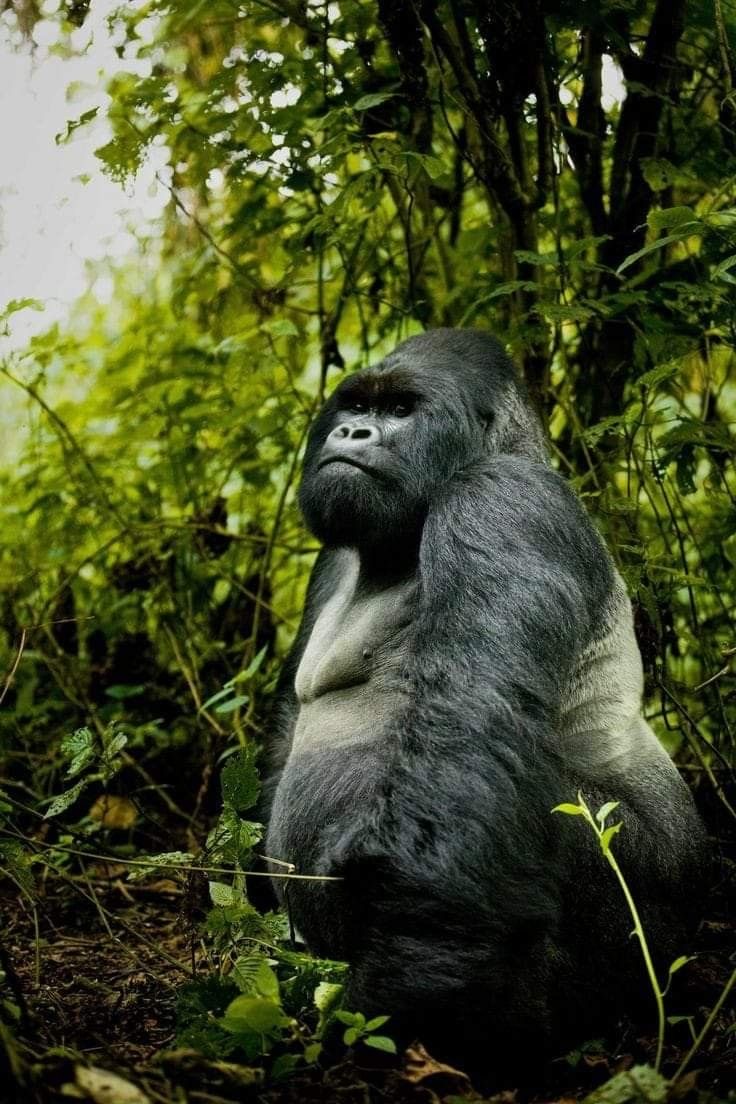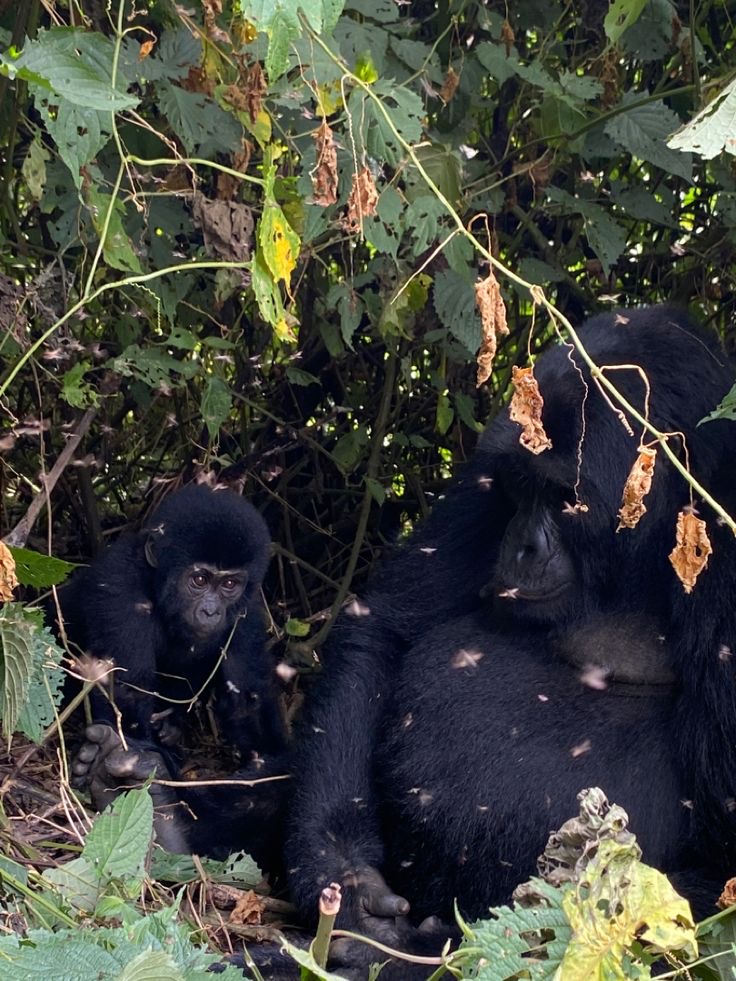
Protecting Gorilla Habitats and Sustaining Communities in Uganda.

Embracing Eco-Tourism: Protecting Gorilla Habitats and Sustaining Communities in Uganda
Protecting Gorilla Habitats and Sustaining Communities in Uganda. Eco-tourism, a concept that harmonizes environmental conservation with sustainable travel, has gained prominence in recent years. This form of tourism emphasizes responsible travel to natural areas, fostering conservation efforts and improving the well-being of local communities. In Uganda, eco-tourism has become a crucial mechanism for protecting gorilla habitats while simultaneously providing sustainable livelihoods for the local population.
The Essence of Eco-Tourism
At its core, eco-tourism is about minimizing the negative impacts of tourism on the environment and maximizing the benefits for conservation and local communities. This involves promoting activities that are ecologically sustainable, economically viable, and ethically responsible. Eco-tourism encourages tourists to engage with natural environments in a way that supports conservation and enhances the cultural integrity of local communities.
Gorilla Habitats: A Critical Conservation Priority
Uganda is home to nearly half of the world’s remaining mountain gorillas, primarily found in the Bwindi Impenetrable National Park and Mgahinga Gorilla National Park. These majestic creatures are critically endangered due to habitat loss, poaching, disease, and human-wildlife conflict. Protecting their habitats is essential not only for the survival of the species but also for maintaining biodiversity and ecological balance.
Eco-Tourism and Gorilla Conservation
Eco-tourism plays a pivotal role in the conservation of gorilla habitats in several ways:
- Financial Support for Conservation Efforts:
- Revenue generated from eco-tourism, such as gorilla trekking permits and park entry fees, is reinvested into conservation projects. These funds are used for anti-poaching patrols, habitat restoration, and research initiatives.
- Raising Awareness and Education:
- Eco-tourists are often more environmentally conscious and interested in learning about conservation issues. Through guided tours and educational programs, tourists become advocates for gorilla conservation, spreading awareness globally.
- Controlled and Regulated Tourism:
- To minimize the impact on gorilla populations, Uganda has implemented strict regulations for gorilla trekking. These include limiting the number of visitors, maintaining a safe distance from the gorillas, and ensuring tourists follow specific health protocols to prevent disease transmission.
Sustainable Livelihoods for Local Communities
The benefits of eco-tourism extend beyond conservation. By involving local communities, eco-tourism fosters sustainable economic development and enhances the quality of life for residents. Here’s how:
- Employment Opportunities:
- Eco-tourism creates jobs in various sectors, such as hospitality, guiding services, and transportation. Local residents are employed as park rangers, guides, and lodge staff, providing them with stable income and reducing reliance on activities that harm the environment, such as logging or poaching.
- Community Development Projects:
- A portion of the revenue from eco-tourism is allocated to community development projects. These projects include building schools, healthcare facilities, and clean water systems, thereby improving living standards and social infrastructure.
- Cultural Preservation:
- Eco-tourism encourages the preservation of cultural heritage by promoting traditional crafts, dances, and storytelling. Tourists often seek authentic cultural experiences, providing an incentive for locals to maintain and showcase their traditions.
- Capacity Building and Empowerment:
- Training and capacity-building programs empower local communities with skills in hospitality, conservation, and management. This not only enhances their employability but also instills a sense of ownership and pride in conservation efforts.

The Path Forward
While eco-tourism in Uganda has made significant strides in protecting gorilla habitats and supporting local communities, continuous efforts are needed to ensure its sustainability. Collaboration between government bodies, conservation organizations, and the private sector is essential to address challenges such as habitat encroachment and climate change. Moreover, ongoing education and awareness campaigns are crucial to maintaining the delicate balance between tourism growth and environmental preservation.
In conclusion, eco-tourism in Uganda exemplifies a successful model of conservation tourism that benefits both wildlife and humans. By embracing eco-tourism, we can contribute to the protection of endangered gorillas and the prosperity of local communities, ensuring that future generations can experience the awe-inspiring beauty of Uganda’s natural and cultural heritage.
